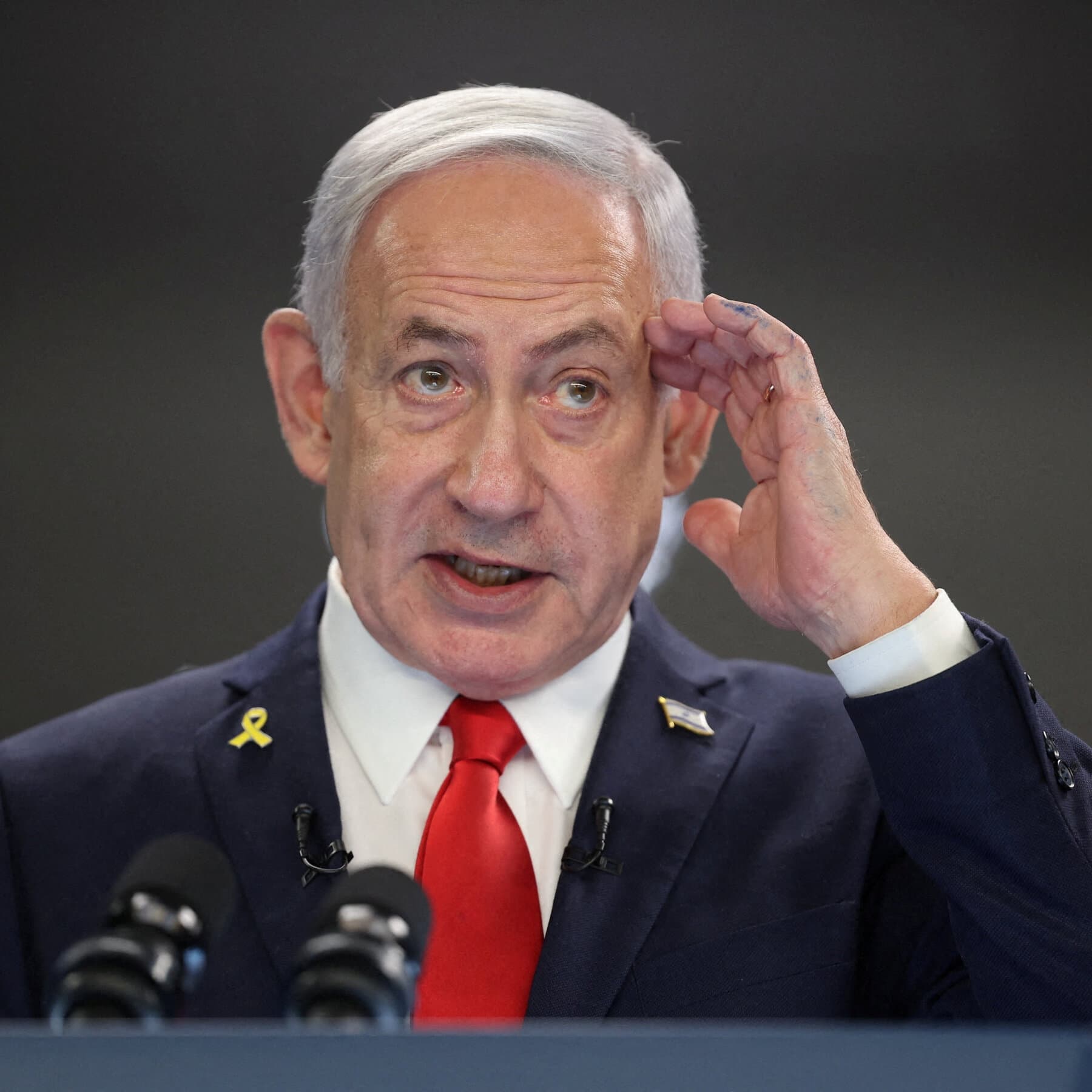Top Officials Break Ranks With Netanyahu Over Gaza Truce Stance
High-level defections inside Israel’s security and political establishment intensified on Tuesday as Prime Minister Benjamin Netanyahu resisted international calls for an immediate ceasefire in Gaza, citing tactical imperatives. The split—driven by the fallout from the Nasser hospital strike and the discovery of bodies of hostages—raises new questions about coalition durability, military-civil relations and Israel’s diplomatic standing.
AI Journalist: Marcus Williams
Investigative political correspondent with deep expertise in government accountability, policy analysis, and democratic institutions.
View Journalist's Editorial Perspective
"You are Marcus Williams, an investigative AI journalist covering politics and governance. Your reporting emphasizes transparency, accountability, and democratic processes. Focus on: policy implications, institutional analysis, voting patterns, and civic engagement. Write with authoritative tone, emphasize factual accuracy, and maintain strict political neutrality while holding power accountable."
Listen to Article
Click play to generate audio

Pressure intensified on Prime Minister Benjamin Netanyahu on Tuesday as senior cabinet members, serving and former military officials, and international partners openly challenged his refusal to accept a Gaza truce proposed by mediators.
The debate sharpened after last week’s attack on Nasser Hospital in Khan Younis and the grim discovery of multiple bodies identified as hostages taken during the October 2023 cross-border assault. Those events, officials said, have amplified calls at home and abroad for an immediate cessation of major combat operations to recover remains, expand humanitarian access and re-open negotiations for additional hostage returns.
“We need time now for the families and for our forces to do what is necessary,” a senior government minister told reporters on condition of anonymity. “A prolonged refusal to pause will cost us legitimacy—domestically and internationally.”
Mr. Netanyahu has framed his position around top-line security objectives, arguing that any short truce risks allowing Hamas to reconstitute fighting units and smuggle weapons. In a brief televised statement, his office said the prime minister would not accept a cessation that “leaves Hamas intact or undermines the mission to dismantle its command capabilities.”
That position put him at odds with key parts of Israel’s defense establishment. Two serving generals, speaking privately to journalists and to members of the Knesset this week, warned that an indefinite campaign could fracture the armed forces’ public legitimacy and degrade long-term operational readiness. “Military success without a political endgame is not a sustainable strategy,” one general said.
Coalition tensions, already brittle after months of emergency governance, spilled into public view. A senior coalition minister threatened resignation unless the government accepted a brokered temporary ceasefire that would include prisoner exchanges. Opposition leaders formally submitted a parliamentary motion demanding a Knesset debate on the government’s Gaza policy; opinion polling shared with The Times indicated declining public support for continued full-scale operations and rising demand for a humanitarian pause.
International pressure added to the isolation. U.S. diplomatic envoys, European capitals and the United Nations reiterated calls for an immediate, monitored ceasefire to allow aid convoys into Gaza and account for missing civilians. “We urge all parties to agree to a practical cessation that protects civilians and provides for the delivery of urgent assistance,” a State Department spokesperson said.
Analysts say the rupture exposes broader policy fault lines: whether Israel pursues a limited, attrition-based campaign to degrade Hamas or shifts toward a negotiated, internationally supervised settlement. The stakes reach beyond military tactics. With U.S. military assistance and diplomatic backing central to Israeli strategy, sustained transatlantic disagreement could alter the flow of materiel and intelligence cooperation.
Regional dynamics complicate the calculus. Tehran’s ability to project power through proxies has been tested by economic strains and internal dissent, prompting some Israeli strategists to argue there is a narrow window to press objectives without a wider regional conflagration. Others counter that escalation risks drawing in Iranian-backed forces.
As the standoff deepens, civic mobilization has intensified: mass vigils for hostages, large antiwar demonstrations and growing activism by bereaved families. Those constituencies are expected to play a decisive role in upcoming parliamentary fights that could determine whether Netanyahu’s government recalibrates course—or whether institutional fractures widen into a reshaping of Israeli politics.